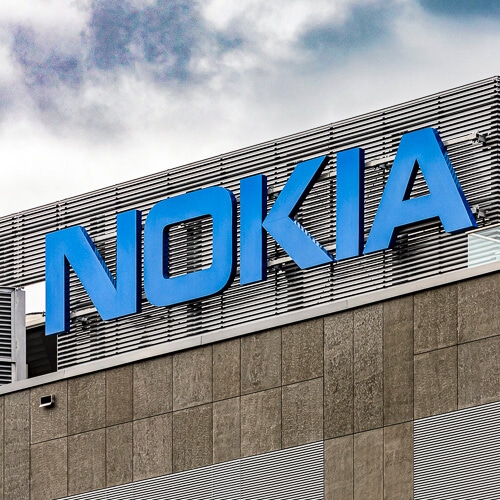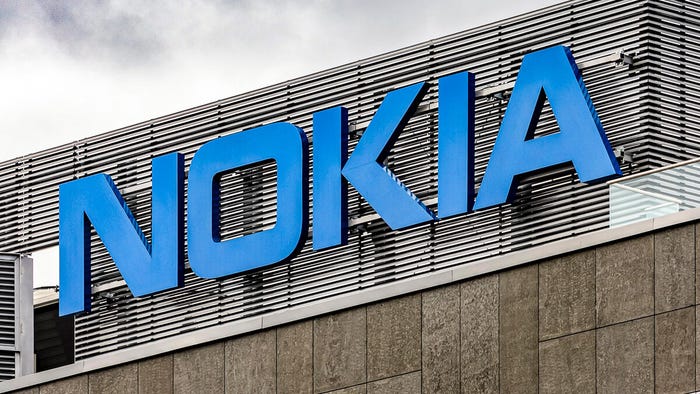Eurobites: Hyperoptic upgrades IP core network with Nokia
Also in today's EMEA regional roundup: Europe struggles in Fiber Development Index; unlicensed operators help Russian military in war-torn Ukraine; STC sets up new infrastructure assets company.

Also in today's EMEA regional roundup: Europe struggles in Fiber Development Index; unlicensed operators help Russian military in war-torn Ukraine; STC sets up new infrastructure assets company.
UK altnet Hyperoptic has chosen Nokia to upgrade its IP core network, becoming one of the first companies in Europe to deploy the Finnish vendor's FP5 routing silicon. According to Nokia, FP5 offers three times the capacity of the preceding FP4 hardware, which is currently powering Hyperoptic's IP network. Hyperoptic is just one of a number of UK altnets in an arguably overcrowded field that are challenging Openreach, the network access arm of incumbent operator BT. (See BT boss says the UK's altnet strategy is failing and Eurobites: Hyperoptic highlights broadband big beasts' 'bonus windfall'.) Figure 1:
 (Source: Paweł Czerwiński on Unsplash)
(Source: Paweł Czerwiński on Unsplash)Nokia has also renewed its partnership with Clavister, the Swedish cybersecurity company. As part of the new agreement, Nokia will include Clavister's NetShield software in its wider security offering.
Research company Omdia has produced its latest Fiber Development Index, which shows that – somewhat surprisingly perhaps – Romania leads the European pack in overall eighth position, just ahead of Spain in ninth. The remaining four of Europe's Big Five – France, Italy, the UK and Germany – trail well behind, with France 21st, Italy 47th, the UK 53rd and Germany 54th. Predictably, Singapore sits at the top of the pile, which is based on Omdia's analysis of Ookla Speedtest data and tracks fiber progress against a broad set of investment metrics. Omdia is a sister company to Light Reading.
The rapid emergence of unlicensed Russian mobile operators in occupied parts of Ukraine is the subject of a new blog by Cathal McDaid, CTO of Enea Adaptive Mobile Security. McDaid studied separatist-run mobile operators in occupied parts of the Donbas, Donetsk, Kherson and Luhansk areas, revealing the high priority Russia has given to mobile connectivity in the warzone to provide connectivity more – the blog concludes – for its military than the citizens.
Saudi Telecom Company (STC) has set up a new company, Center3, to own and manage some of STC's digital infrastructure assets, including data centers, subsea cables and Internet exchange points. As Zawya reports, the move is intended to consolidate Saudi Arabia's position as a regional digital center.
Cellnex UK has acquired Herbert In-Building Wireless (HiBW), a UK-based indoor cellular connectivity provider. A new company, Cellnex UK In-Building Solutions, will be led by Tim Loynes, HiBW's current director. Financial details of the deal were not disclosed.
Germany's ADVA has launched a specialist security company, ADVA Network Security. The new company, as its name suggests, will set out to protect mission-critical communications networks from cyberattacks. It will have its own IT infrastructure and secure data center facilities in Germany.
An Italian court has rescinded a fine imposed by the country's antitrust authority on Apple and Amazon for alleged collusion, Reuters reports. Both companies had been fined more than €200 million (US$195.3 million) in 2021 for what was deemed to be anti-competitive cooperation in the sale of Apple and Beats products.
— Paul Rainford, Assistant Editor, Europe, Light Reading
Read more about:
EuropeAbout the Author(s)
You May Also Like


.jpg?width=300&auto=webp&quality=80&disable=upscale)









